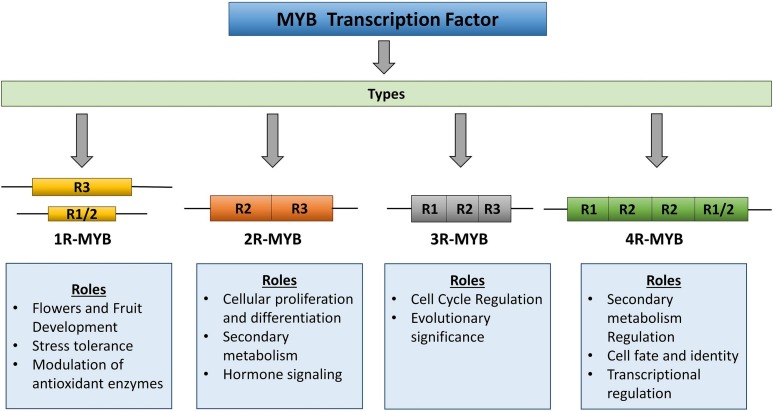- Location : Home» Newsroom
Unveiling the power of MYB transcription factors: Master regulators of multi-stress responses and development in cotton
Plants, being immobile, are subject to environmental stresses more than other creatures, necessitating highly effective stress tolerance systems. Transcription factors (TFs) play a crucial role in the adaptation mechanism as they can be activated by diverse signals and ultimately control the expression of stress-responsive genes. One of the most prominent plant TFs family is MYB (myeloblastosis), which is involved in secondary metabolites, developmental mechanisms, biological processes, cellular architecture, metabolic pathways, and stress responses. Extensive research has been conducted on the involvement of MYB TFs in crops, while their role in cotton remains largely unexplored. We also utilized genome-wide data to discover potential 440 MYB genes and investigated their plausible roles in abiotic and biotic stress conditions, as well as in different tissues across diverse transcriptome databases. This review primarily summarized the structure and classification of MYB TFs biotic and abiotic stress tolerance and their role in secondary metabolism in different crops, especially in cotton. However, it intends to identify gaps in current knowledge and emphasize the need for further research to enhance our understanding of MYB roles in plants.
Present research work is supported and funded by the grants from the National Key Technology R&D Program (grant nos: 2022YFD1200300) and China Agriculture Research System of MOF and MARA (CARS-15-01).
